7 ways AI is being used in CRMs
Salesforce, Zoho, and the best CRMs are integrating AI to help you follow leads, write messages, forecast sales, and much more
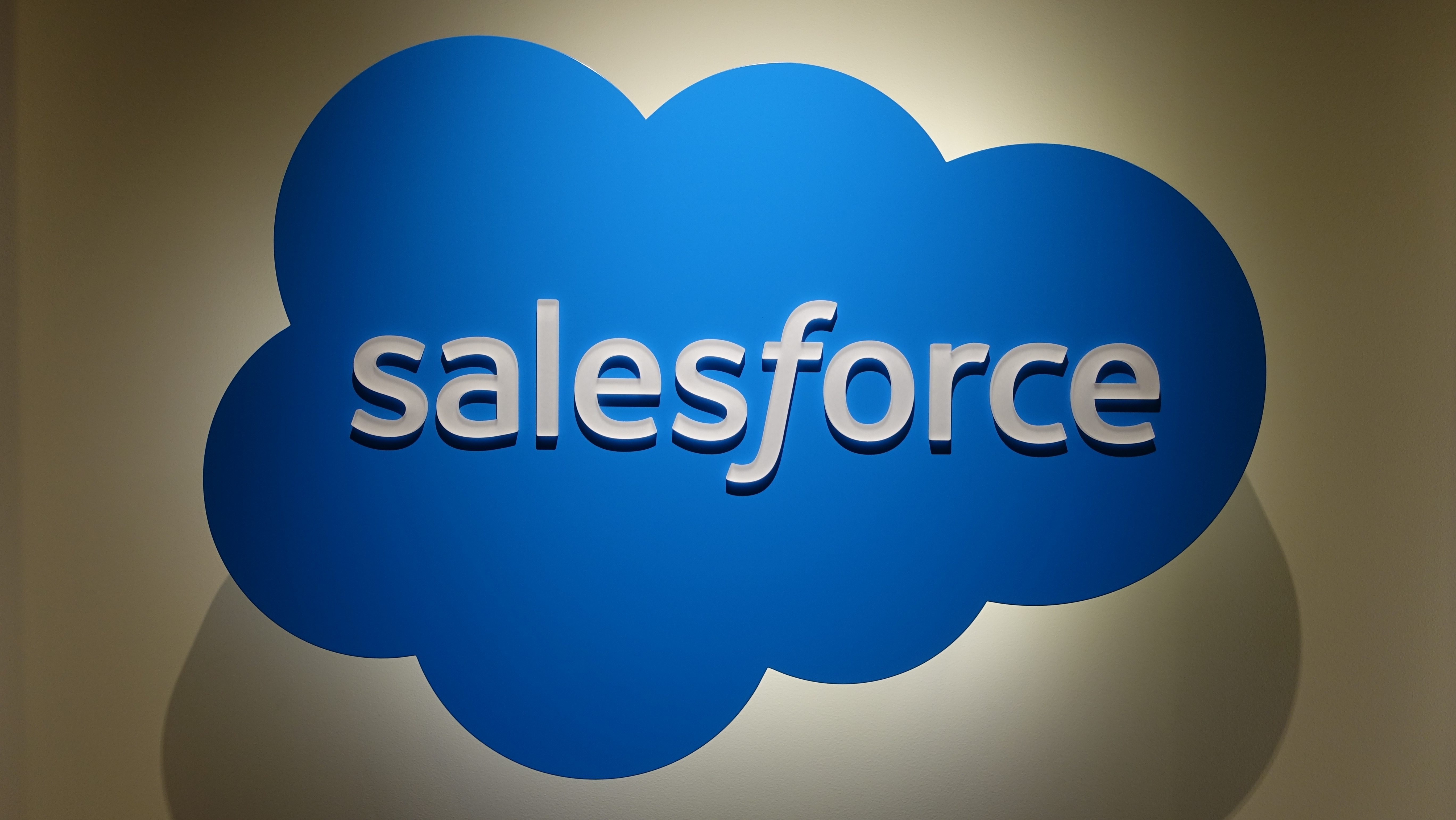
Customer relationship management (CRM) platforms have become essential to modern business operations – no longer just digital address books, but intelligent systems that drive sales, marketing, and support.
Increasingly, AI is baked into the core of these platforms from Salesforce, Zoho, Workbooks, HubSpot, and others, helping teams work faster, spot opportunities earlier, and serve customers more effectively.
From predictive lead scoring to chatbots and smart sales forecasting, AI is reshaping how companies use their CRM, not just as a static database, but as a proactive business partner.
Whether you're a small business or a global enterprise, choosing the right CRM means looking beyond basic contact management.
Many of the best CRM platforms now offer built-in AI tools, and understanding what’s possible can help you make a smarter choice.
Let's take a look at seven ways that AI is changing CRM software. It's worth noting that this is not an exhaustive list, and there are many other ways – big and small – that companies are leveraging AI in 2025.
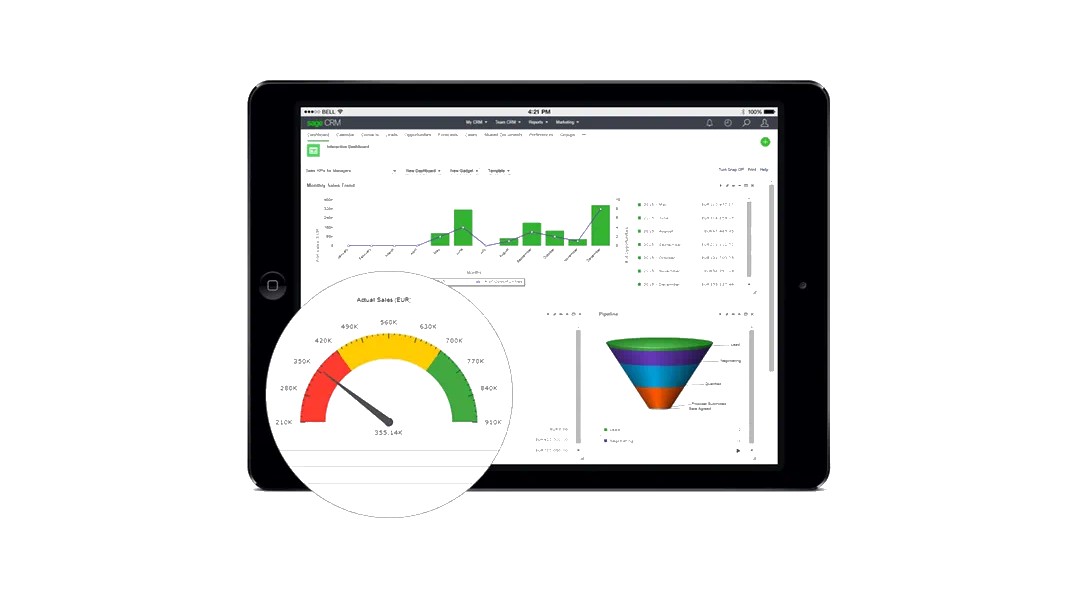
Predictive lead scoring
One of the most impactful uses of AI in CRMs is predictive lead scoring, or the ability to automatically rank leads based on how likely they are to convert.
Sign up to the TechRadar Pro newsletter to get all the top news, opinion, features and guidance your business needs to succeed!
Rather than relying on instinct or manual rules, AI models can analyse patterns in historical sales data, customer behaviour, and other external signals to surface the most promising opportunities.
Salesforce Sales Cloud, the dominant platform in the CRM world, includes Einstein Lead Scoring, which uses machine learning to assign a probability score to each lead.
These scores are based on dozens of factors, from email engagement and company size to deal history, helping reps quickly focus their efforts where they’re most likely to succeed.
Attio is an AI-native CRM that uses its AI Attributes engine to automate lead scoring and enrichment simultaneously. It can analyse factors like company size, ARR, email and calendar activity, then assign a score or tag to each lead, without any manual setup. There's also Call Intelligence, to extract insights from calls.
Freshsales, part of Freshworks, also offers AI-driven contact scoring through its Freddy AI engine, while Zoho CRM uses its Zia assistant to identify hot prospects based on custom scoring models.
Even less well-known tools like Workbooks CRMis starting to integrate lead scoring tools into its dashboards, giving growing businesses similar intelligence at a lower cost.
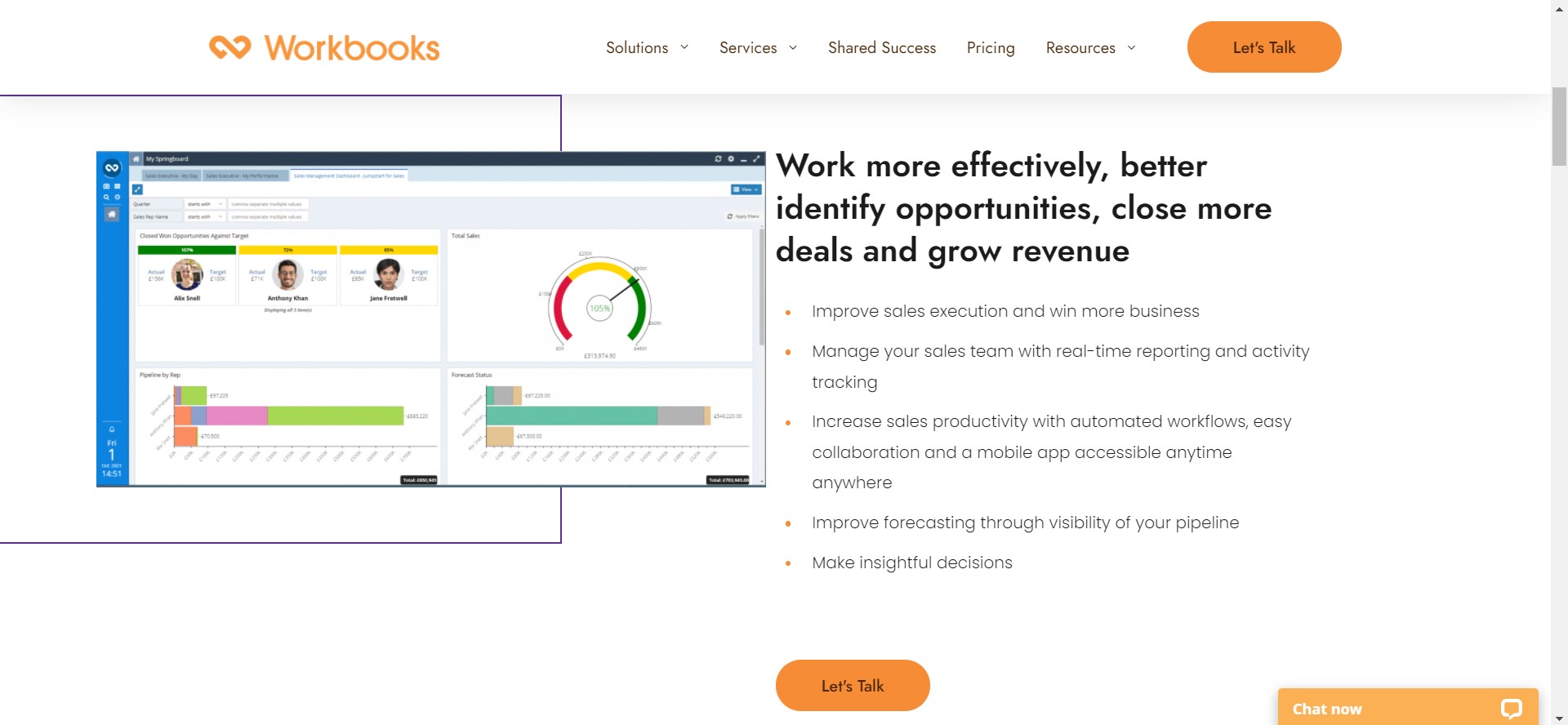
Automated customer segmentation
Modern CRMs use AI to automatically group contacts into segments based on shared behaviours, purchase patterns, and engagement history, eliminating the need for time-consuming manual list-building.
Salesforce Marketing Cloud includes AI-powered audience segmentation via its Data Cloud platform, letting users define complex customer groups using natural language prompts to build campaign audiences based on real-time data without writing SQL queries or applying filters by hand.
HubSpot also includes advanced segmentation tools powered by its Breeze AI suite. These features analyse how contacts interact with emails, websites, and forms, then suggest audience groupings to help teams run more targeted and timely campaigns.
With Attio, automated segmentation is built into the core experience. Teams can define smart segments using natural language prompts, such as “accounts funded in the past year” or “high‑value customers in EMEA”, and every contact is classified with those AI-powered attributes.
Zoho CRM leverages its Zia assistant to identify high-value segments, recommending clusters based on activity, deal history, or support engagement, helping marketers to tailor messaging to different audience types without diving into spreadsheets or reports.
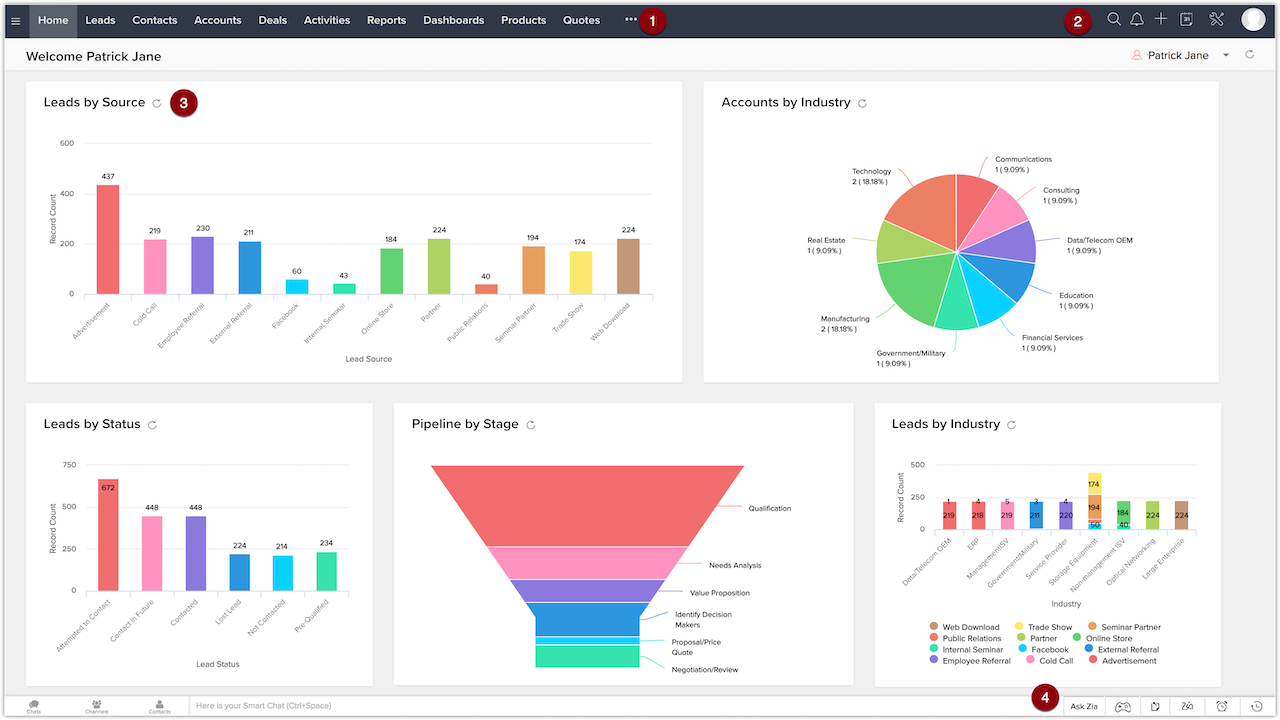
AI-powered chatbots and virtual agents
As you might imagine, AI chatbots are now a common feature across many CRM platforms, helping businesses handle enquiries, qualify leads, and support customers without human input.
These virtual agents are often integrated directly into CRM systems, making them smarter and more context-aware over time.
Zendesk, which combines its ticketing system with CRM-like functionality, uses AI to power its Answer Bot to automatically suggest relevant help centre articles or resolutions, helping deflect tickets and reduce response times.
Salesforce Service Cloud includes Einstein Bots, which are designed to manage routine service interactions across web, mobile, and messaging channels. These bots pull data from the CRM to give personalized responses and escalate to human agents when needed.
Attio also has an AI Research Agent that can access company data via the web, with context-informed questions and seamless workflow integration.
Zoho Desk, part of the broader Zoho ecosystem, includes Zia Voice, a conversational AI assistant that can interact with users over chat or voice, offering self-service and triggering workflows based on what customers ask.
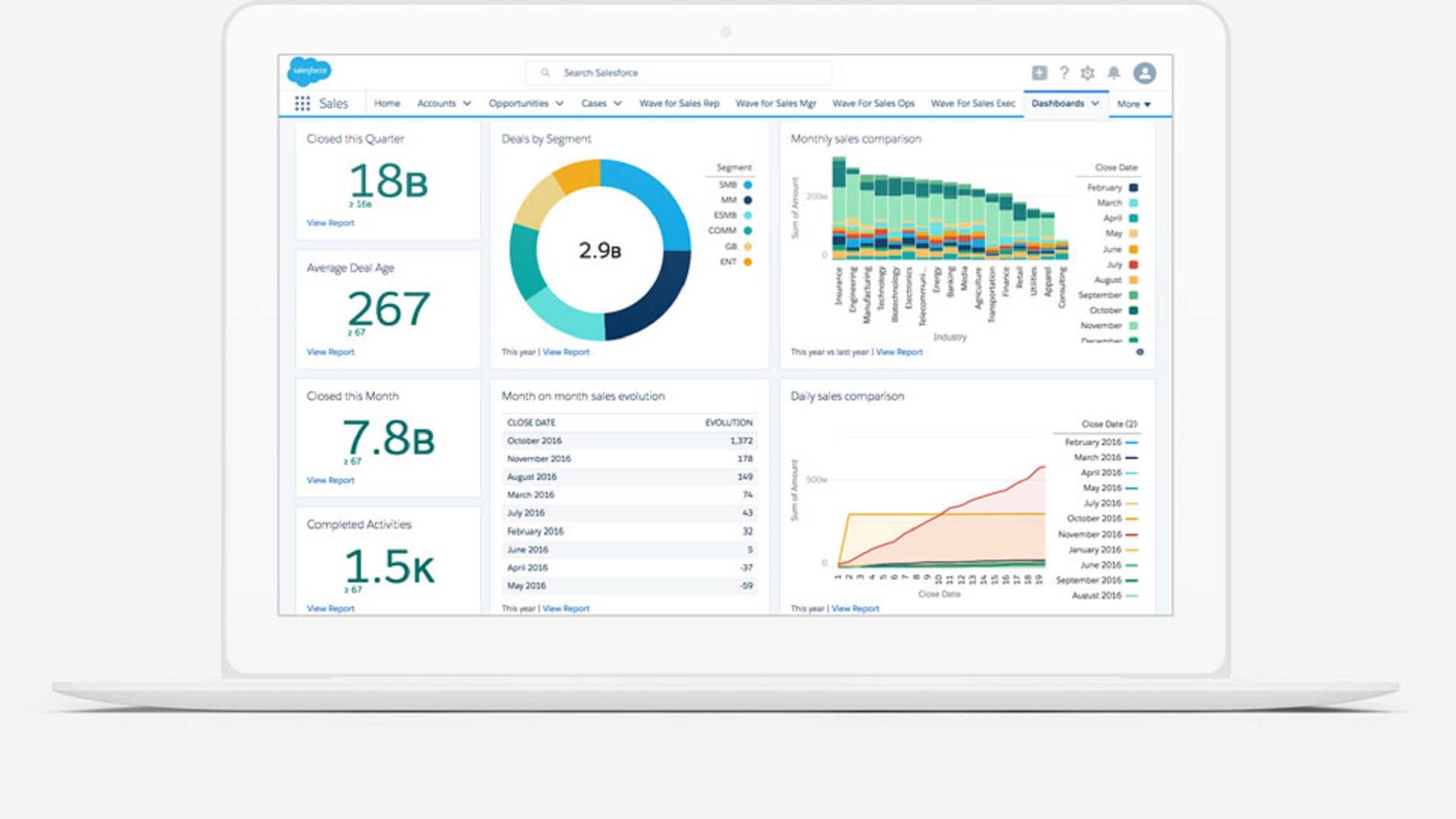
AI-driven sales forecasting
Sales forecasting has always been something of a challenge – one that AI is increasingly well-equipped to solve.
Rather than relying solely on gut instinct or static spreadsheets, AI-powered CRMs can analyze pipeline health, past performance, and even rep activity to generate more accurate predictions, all without breaking a sweat.
Salesforce Sales Cloud leads the field here, with Einstein Forecastingusing ML to track deal progress, identify pipeline risks, and surface patterns that would otherwise be missed. Forecasts update automatically as deals shift, giving sales managers real-time visibility into how teams are tracking against targets.
Attio also supports forecasting via its flexible pipeline model and enriched data. By combining estimated ARR, interaction strength and deal stage, Attio highlights which opportunities are most likely to close.
Freshsales also includes built-in forecasting tools powered by Freddy AI, and these models highlight which deals are most likely to close, factoring in email activity, deal age, and buyer behaviour to produce dynamic projections.
Pipedrive, another popular CRM for small businesses, includes an AI Sales Assistant that tracks pipeline movement and offers tips to improve forecast accuracy, such as flagging stale deals or suggesting next steps.
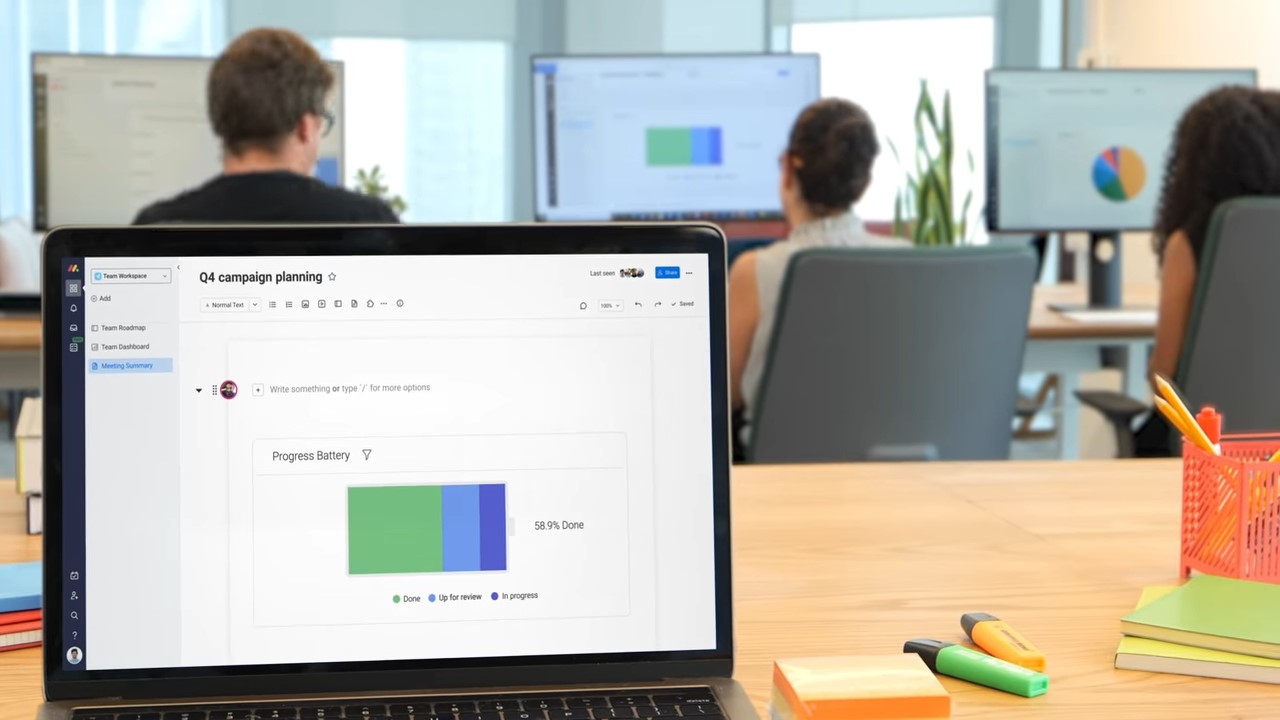
Email and message personalisation
AI-powered personalisation tools are helping CRM users craft more relevant and effective emails and messages, not just by customizing names or job titles, but by tailoring content to the recipient’s behaviour, preferences, and stage in the sales journey.
SugarCRM, a strong option for mid-sized businesses, has introduced AI features that go beyond templating. Its platform can generate personalized email content by analysing previous interactions, deal history, and CRM records, enabling teams to send timely, contextual messages without writing from scratch.
Sugar’s AI also helps populate customer records automatically, reducing admin and improving accuracy, while Attio has an AI Email Sequencing tool that helps users with personalised email generation, smart sequence exits, and more.
Monday Sales CRM – part of the broader Monday.com Work OS – includes an AI email generator that drafts follow-ups, reminders, and outreach messages based on recent activity. Its clean interface and automation tools make it easy to personalize communication across multiple channels, even for small teams.
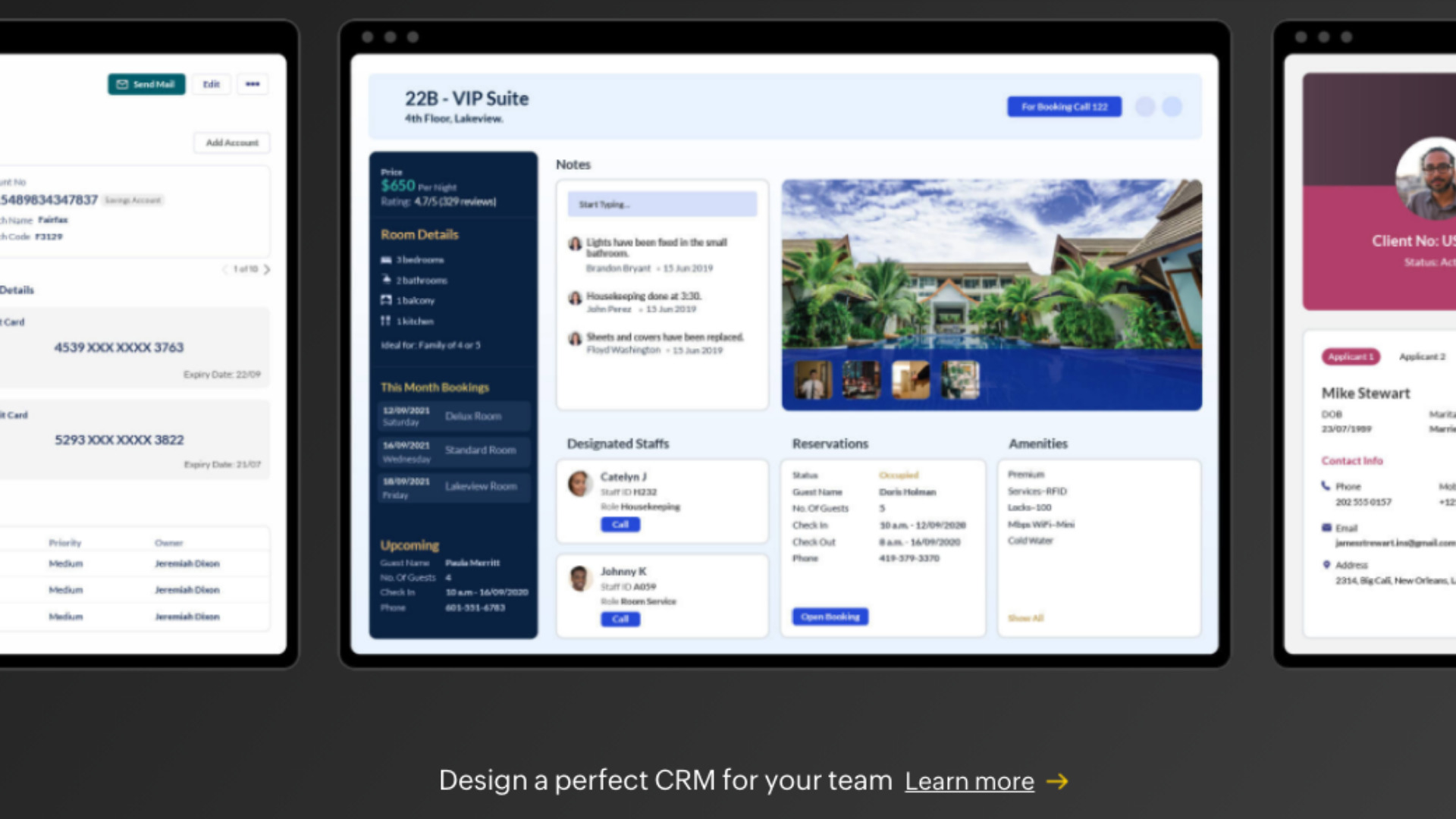
Sentiment analysis and customer insight
AI is making it easier for businesses to understand not just what customers are saying – but how they’re feeling.
Sentiment analysis tools within CRMs can automatically assess whether emails, chats, or social posts are positive, negative, or neutral, giving sales, support, and marketing teams a clearer view of customer mood.
Zoho CRM uses its Zia assistant to score customer interactions by sentiment, flagging unhappy responses or negative trends across email threads and call transcripts. If a customer expresses frustration over several touchpoints, teams can be alerted automatically, reducing the risk of churn.
Vtiger CRM, a lesser-known open-source CRM option, supports add-ons and integrations that bring AI-based sentiment detection to its helpdesk and contact management tools.
Salesforce Service Cloud also incorporates sentiment analysis through its Einstein AI layer, helping teams prioritize cases and identify at-risk customers based on natural language cues.

Task automation and workflow recommendations
One of the most practical applications of AI in CRMs is task automation, or helping teams cut through admin and focus on more valuable work.
By learning from user behaviour and pipeline activity, AI can automatically trigger actions, recommend next steps, and keep records up to date without manual input.
HubSpot CRM offers AI-driven task automation across its marketing and sales hubs that can schedule follow-ups, assign leads, and recommend outreach times based on how contacts have previously engaged.
Zoho CRM’s Zia assistant can spot when a lead has gone cold and suggest a follow-up, or flag when deals are at risk of stalling, and can also trigger reminders, reassign tasks, or populate fields – all based on how similar deals have progressed.
Smaller CRMs are also leaning into automation. Insightly, for example, includes workflow automation and project triggers, while Capsule CRM lets users build simple sales sequences and custom rules that activate when contacts meet specific conditions.
YOU MAY ALSO LIKE
Max Slater-Robins has been writing about technology for nearly a decade at various outlets, covering the rise of the technology giants, trends in enterprise and SaaS companies, and much more besides. Originally from Suffolk, he currently lives in London and likes a good night out and walks in the countryside.
